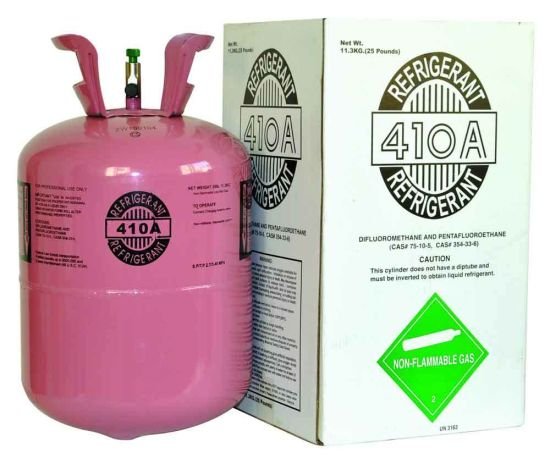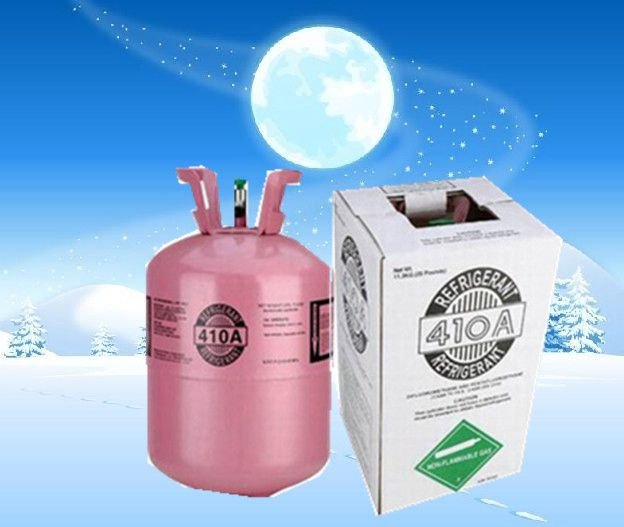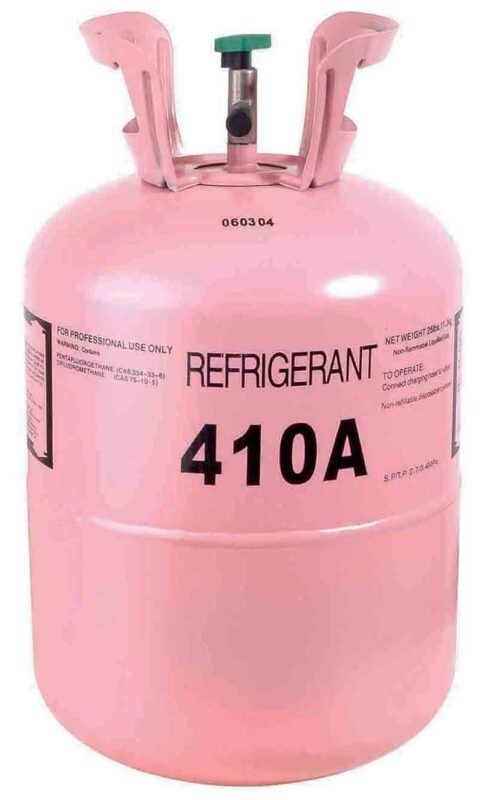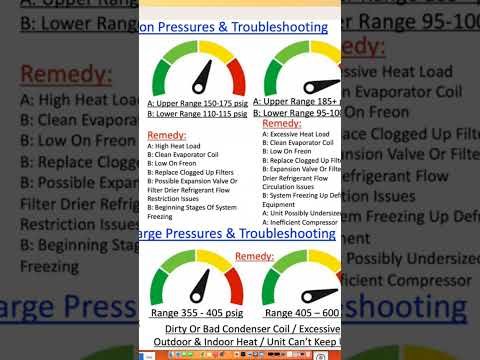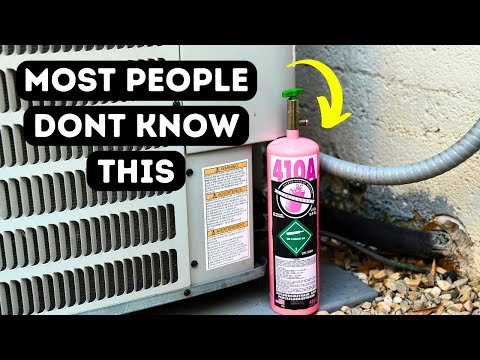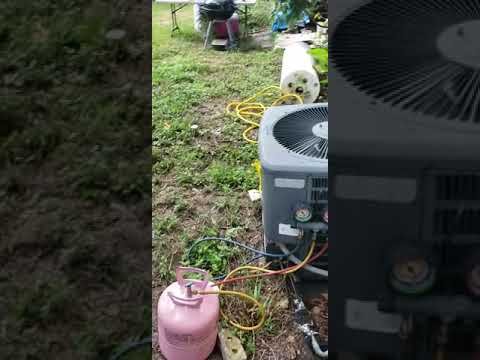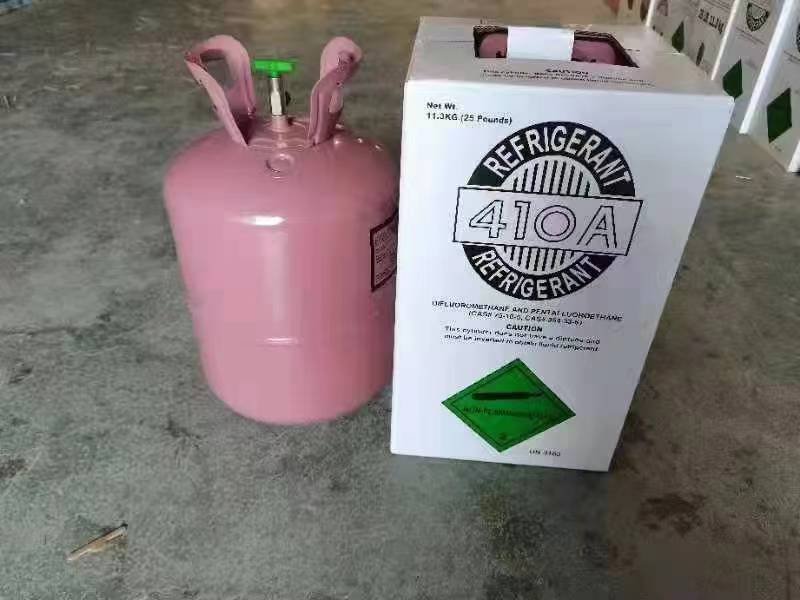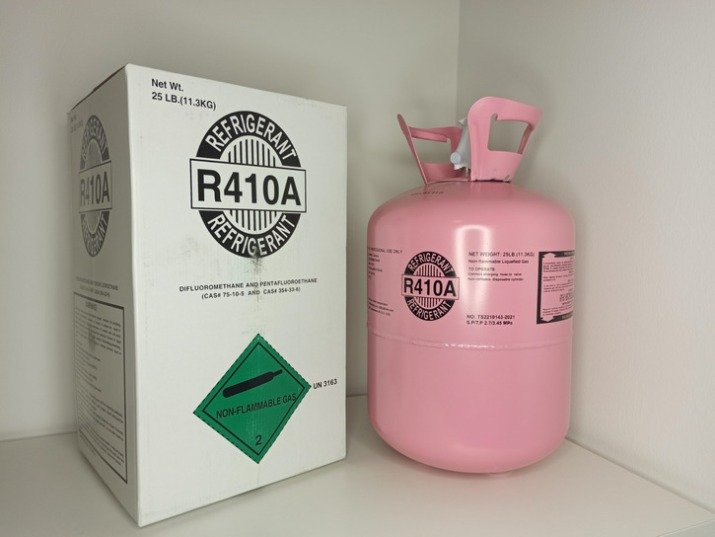No products in the cart.
If your unit is still relatively new and performing well, you might be better off investing in regular maintenance and repairs until after the refrigerant change. If you are a contractor or plan to use R410A for multiple units, consider purchasing in bulk. Suppliers often offer discounts for larger quantities, driving the cost per pound down. […]

